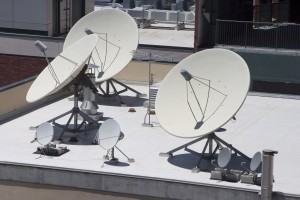If you have ever lost and found your mobile phone by using a GPS locator, such as Find My Iphone, you are aware that these devices can be tracked by satellite. The convenience of this technology also means that others, including the police, can track cell phones. And if your phone is with you, they can track your current location and movements.
Recently, the United States Court of Appeals for the 6th Circuit approved the DEA’s tracking of a drug smuggling suspect’s cell phone location without a warrant. The court distinguished tracking of the suspect’s cell phone location from the scenario where the police physically place a GPS tracking device on a vehicle without a warrant in order to track its movements. The United States Supreme Court has already found the latter scenario to violate the prohibition on unreasonable searches and seizures. See United States v. Jones, 132 S.Ct. 945 (2012). However, the 6th Circuit reasoned that the DEA agents never made physical contact with the suspect’s cell phone and that the suspect obtained the phone with the GPS technology intact.
The Court stated that “if a tool used to transport contraband gives off a signal that can be tracked for location, certainly the police can track the signal.” It went even further in its logic, stating in a footnote, “an innocent actor would similarly lack a reasonable expectation of privacy in the inherent external locatability” of a mobile phone they purchased. The police may track a known cell phone number that is voluntarily used while traveling on public roads by using the data that the cell phone gives off. The court also stated that”[t]there is no inherent constitutional difference” between tracking a suspect visually and tracking him or her using technology. Finally, the Court noted that the DEA agents obtained a court order directing the cell phone company to release information regarding the suspect’s cell phone account. United States v. Skinner, No. 09-6497 (6th Cir. Aug. 14, 2012). Also see Martha Neil, “6th Circuit OKs Warrantless Tracking of Cellphones,” ABA Journal: Law News Now (posted Aug. 15, 2012).
In short, in the eyes of the law, you have no reasonable expectation of privacy in the signals transmitted from your cell phone which can establish its location and movement.







